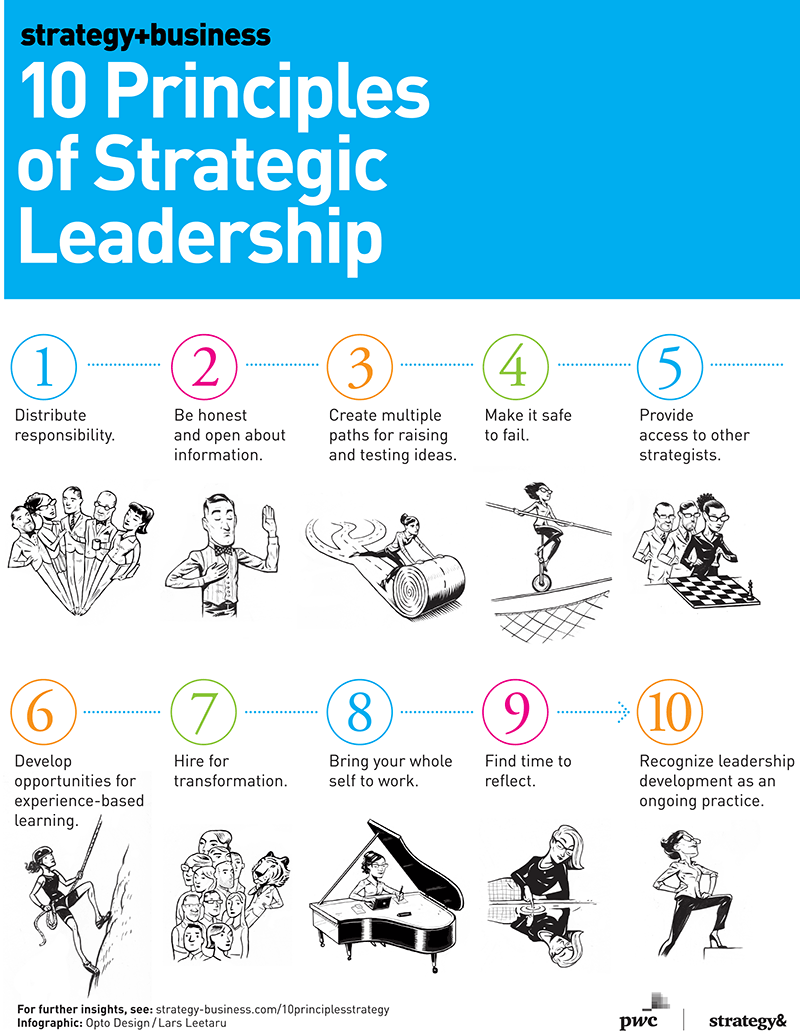Radical Management Ideas For Extreme Career Progress
Radical Management Ideas For Extreme Career Progress
Blog Article

Recently I discovered a comparable comment in the book The Discovery composed by Steve Shagan in 1984, "we are what we do." The character in this book pointed out Albert Camus, a 1957 winner of the Nobel prize in literature.
Leaders comprehend the significance of seeing the big image leadership types and what can be accomplished with a little bit of tough work and clever work. By focusing on things as they can be and not as they are leaders make decisions that move their organization forward and can be examples for their service partners.
Below are activities that I utilized on a camp I organised with the venues we utilized to provide some examples of the types of activities that can be utilized effectively. The list includes a description and the rules for that activity.
Danny Cox, in his book - Management When the Heat's On, discussed that both nerve and being level-headed are crucial parts of management. In being level-headed, leaders are not reactionary, but they respond. They take action with a frame of mind of high intensity calm. That implies they are able to understand the circumstance at hand, plan the required steps, organize the tools and people required, and do something about it to react to any crisis.
Those that state: This leader feeds you to the sharks. You never actually understand where you stand with these leader types. Words like "When I did this" or "This is how I did it" yet all you hear are their words and no actions to verify their statements. Other guidelines include such things as "it's out there now go get it!" as they point you to the edge of the plank.
More recently I came across the story, business leadership types A Carpenter's Gift, (author unknown). This story is about two brothers who fell into a conflict after 40 years of farming side by side, sharing the great and the bad times along with machinery and labor.
I actually learned some of my best leadership lessons from a competitor who thought workers were a 'cent a lots', treated everyone badly and always did things the exact same way. He taught me a lot about how NOT to run a company.
What can you do to make a distinction in your life, the life of another or to help society end up being more knowledgeable about the nominalisations that they are assuming as genuine? Report this page